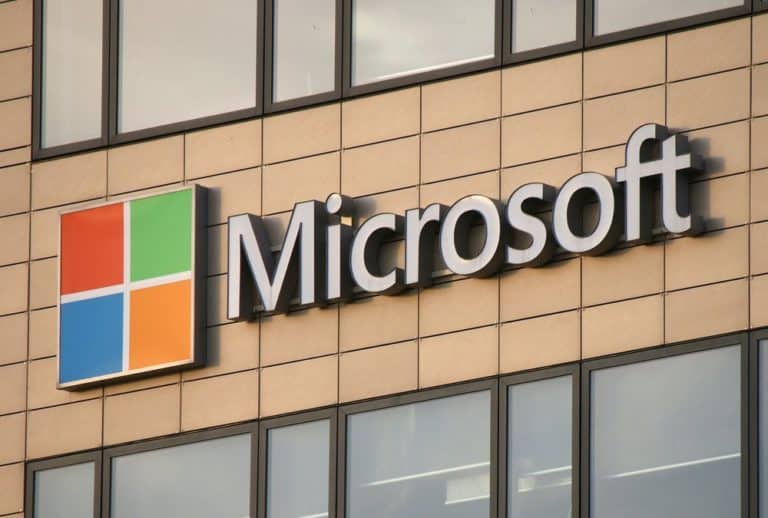Microsoft wants more standardization in the field of open-source software licenses. For this reason, the company joins the OpenChain Project as the newest platinum member. Other companies such as ARM, Facebook, GitHub and Google are also platinum members of the OpenChain Project.
The OpenChain Project was set up to bring more clarity to the world of open-source licensing. Open-source software provides a whole new way for companies to develop the technology they need to run their business. But the licenses remain difficult, so companies often still have difficulty when it comes to these kinds of licenses.
Rely on your license
Microsofts David Rudin writes in a blog about the company’s decision to join the OpenChain Project, which is crucial for open-source that companies really dare to use licenses. An important element is that you have to be able to trust that the code you receive complies with the open-source licenses, writes Rudin. It’s an incredibly difficult problem, and one that Microsoft is working on together with the community.
Therefore, OpenChain was set up with the idea of introducing a common standard that companies can say their open-source licenses meet. OpenChain also specifies the processes, policies and training needed to comply with its open-source license. In this way, the process should become efficient, but above all understandable and predictable.
New standards
Now that Microsoft is part of OpenChain, the company, together with its other partners, is setting new standards for compliance. Employees of OpenChain argue that this gives customers even more choice when it comes to the software they use. That’s exactly what Microsoft is working on: Our goal is to work even more closely with the OpenChain community, so that we can work together to create standards that create even more trust within the open-source ecosystem and that work for everyone – from the individual developer to the largest companies.
This news article was automatically translated from Dutch to give Techzine.eu a head start. All news articles after September 1, 2019 are written in native English and NOT translated. All our background stories are written in native English as well. For more information read our launch article.